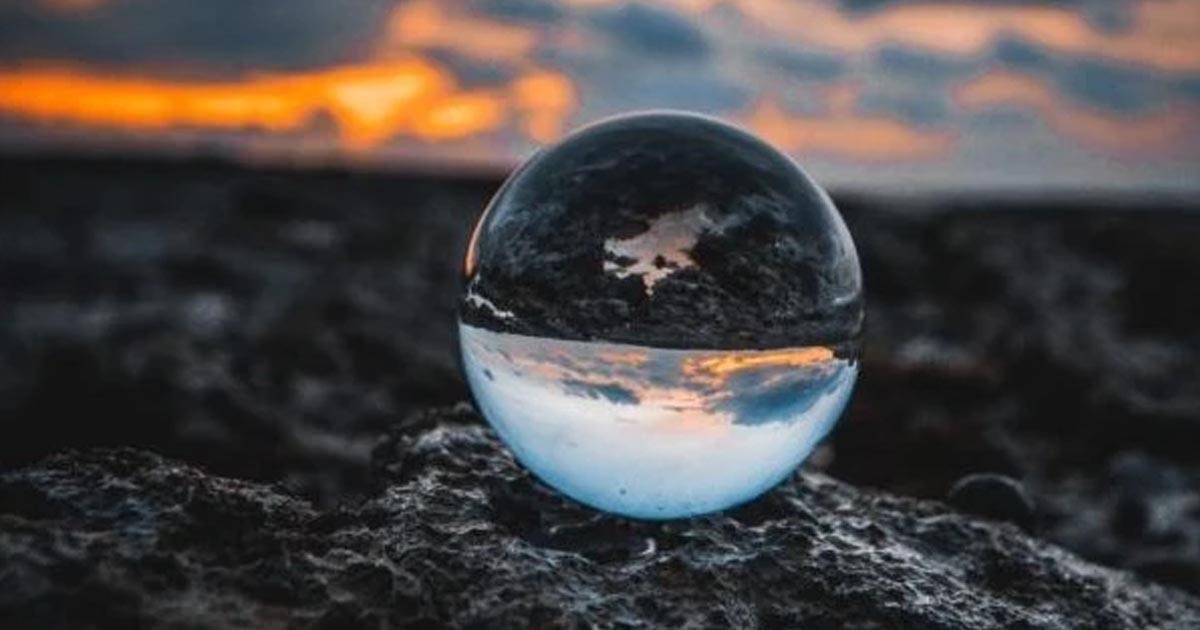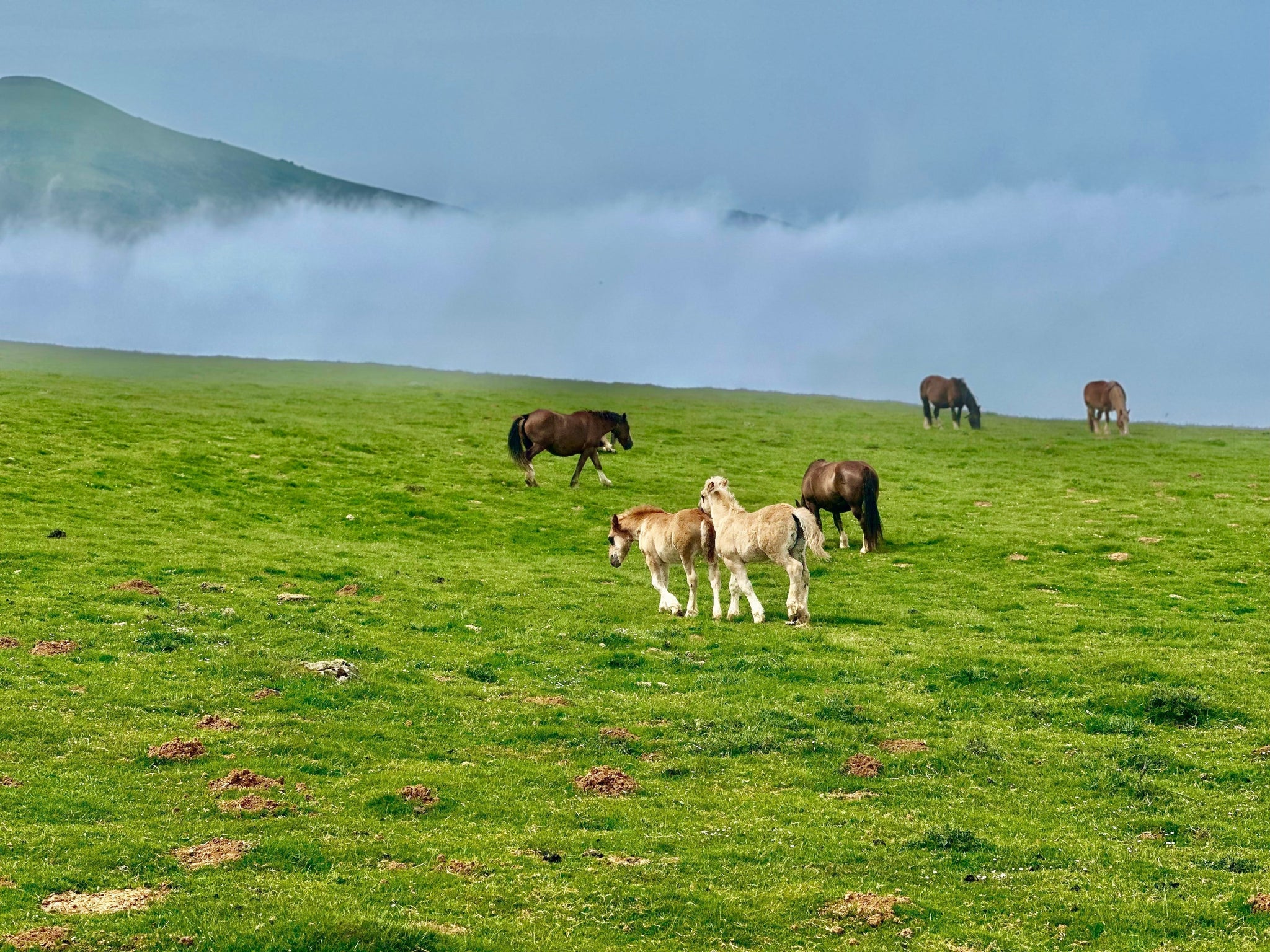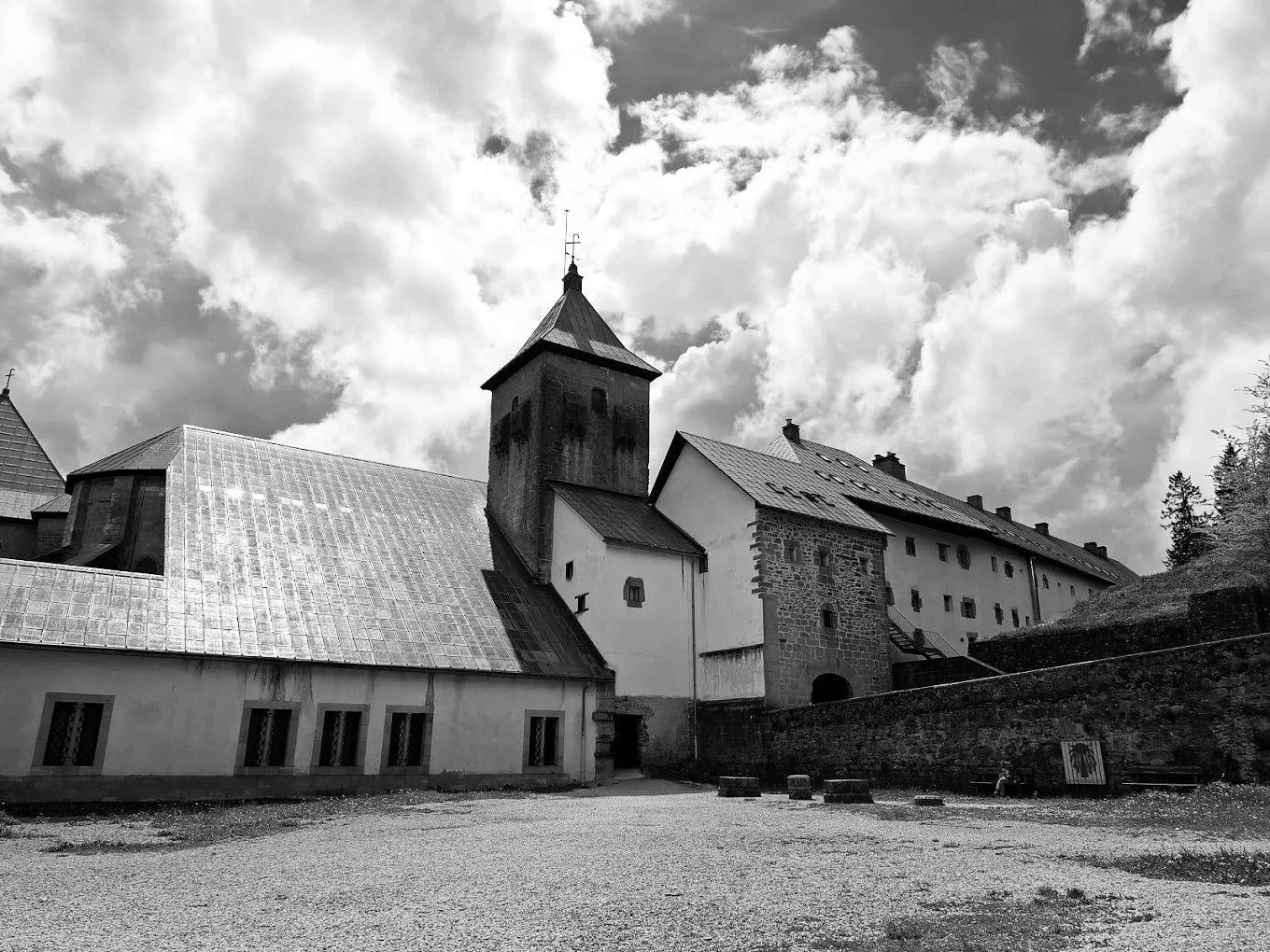
It is unusual to witness clam diggers this time of year — rubber muck-boots up to their thighs, bodies bent over digging up a livelihood — though it is not a seasonal occupation. I notice their trucks on the side of the road and figure they have found a way through a neighbor's property onto the shoreline where they follow the tide using wide-pronged rakes or their rubber-gloved hands to unearth clams to sell.
Out back the relentless rain and the warmer temperatures has softened the conditions — lessening the layers they must wear and perhaps their labor, just slightly. Still I wonder about their backs, bowed like migrant farmers picking crops for long stretches in all types of weather. I wonder about how different — how the same — we are and whether or not their physical strength has been handed to them like a baton.
Each time I see them I think about the thick salt air and seaweed perfume, the sitting on the edge of a boat at dawn and dusk taking in the vast Maine sky. I imagine their weathered hands and wonder if our spines are made from the same fibers — mine seeming somehow not as sturdy despite my attempts at affirming it otherwise.
At the restaurant in the old mill where I like to go when I need a fix of feeling more in-touch with the world, there is a photo essay on display with portraits of men and women who work in the Bath Iron Works Shipyard here in Maine. They are ship-fitters and welders, pipe-fitters and electricians and painters. They wear hard hats and headlamps and some of them protective goggles. All of the photos are gritty — even the ones of workers with clear signs of youth, freckles and soft skin.
A few workers have cigarettes dangling from their mouths — some are smiling, grinning — all are captivating.
The photos are lit with a bright light and grey backdrop that give them a timeless quality.
I am particularly drawn to a worker with a sapphire blue bandana — eyes to match — and a long, golden braid cast off to the side.
Jonah looks across at photos around the room and some of them near us — not for the first time — and says something about physical labor with a sort of huff at the end like he just kicked a soccer ball, hard. He says it in such a way as if to express his feelings for the gravity of the manual work on display. We discuss the qualities of physical labor in contrast to other types of work — like sitting at a computer, like creating art in a studio. He expresses his desire to work outside as an adult — to be physical in his job. I can see how this will suit his copious energy, though I hope his mind will be equally engaged, his big heart put to good use.
Later I read about the exhibit and discover recordings of voices to go along with the gripping images. I listen about how these men and women have a passion for their work, about the fear of injury, about tight working spaces and short-lunches and the work whistle singing out the march of time throughout the day.
One man talks about how tears came to his eyes when the first ship he helped to build left port.
I have a stamp. I have a name on this ship that helps protect our country.
They describe the exacting nature of their work and how important it is that they get it right. They understand the stakes are high for their own survival and also for those who will later occupy the ships. Their co-workers are like family. They have hopes about their futures working in the shipyard and some are ready to leave — elbows and knees all worn out.
They are proud of what they have accomplished.
Listening to the array of voices, I experience an unexpected swell of emotion. I both appreciate the many ways in which our humanity overlaps — regardless of individual dreams or lifestyle — and I am also taken swiftly and unexpectedly back to my own nebulous relationship with battleship grey.
It seemed as if we might have had special access on the ship because of my father's rank, though at this point he would have been a reservist and I not yet in the double-digits. He had completed several tours-of-duty and had the unique experience of landing helicopters and other anti-submarine warfare aircrafts onto a carrier like the one we were touring.
He once told me about how little light and runway were available when landing on a carrier at night in the middle of the ocean. I thought about the connection between his experience and the workers I had come upon through the exhibit.
Below deck I noticed how everything was painted with shiny grey paint that almost appeared like it was still wet. I remember the control panels and that you couldn't see any dirt anywhere because all of the surfaces were so smooth — as if any debris might slide right off.
My father pointed out some bunks in a small space down the hallway. He might have been saying that he'd slept there or maybe he just wanted us to see how narrow the beds were.
This brief, flash-of-a-moment welded my present with a time hanging from my memory by a thread. It reminded me of the stories woven through us even as we live forward in uncharted corners of the heart.
Recently I have been listening to the stirring sounds of Native American flute music.
I turned to it on an impulse a few weeks back while home alone taping wrapping-paper onto gifts at our dining room table. The flute's unpredictable rhythm disrupted the more-measured pace of the season and I found myself slowing my movements — the sonorous tones dampening my potential for inner frenzy.
As I worked, I looked out toward the wall of windows and watched as seagulls swooped across the horizon dancing as if to the flute's serenade.
The sun sprayed across the shoreline and the mudflats appeared hardened by the cold, imprinting the landscape like the surface of the moon.
I've been listening for a few weeks now and I have come to understand these exquisite sound-vibrations as a soulful dialogue — an intimacy — between the instrument, it's player and the natural world. It's different than when I first discovered this music and it hit me with no place to land. At that time, my inner-world was depleted in places and littered with all-manner-of-rules about living.
The man selling his cd on the sidewalk in New York City had elicited in me a sorrow I couldn't name. I thought at the time it was about him, about his need to sell his wares in the way he did and what that meant about his life.
A friend teased me about what she saw as gullibility in my purchase.
Listening to the music was jarring in contrast to my current life and the mindset from which I had come.
The haunting sounds of the flute brought-on in me what my boyfriend liked to call the Sunday blues. Today I can recognize that I had been grieving.
I didn't have any idea what had been lost. I couldn't even begin to imagine how much I would need to reclaim in the coming years nor the many layers of me that would be shed off like a snake's skin.
I turn the volume up now and listen through headphones so that I might come as near as I possibly can to these potent, transporting sounds.
I gaze out through a window into the natural world and am connected to the origin of this place, to the origin of me and all who occupy this living, breathing planet.
I understand about how much has been taken without purpose — without conscious awareness — and although grief still remains in this, I recognize the miraculous in the finally-knowing.
Closing my eyes I can feel my ribs vibrate and the energy of my being expand upward as I travel through the raw and the sonorous narration of what has always been.
Subscribe to my mailing list!
Leave a comment (all fields required)
Comments will be approved before showing up.


